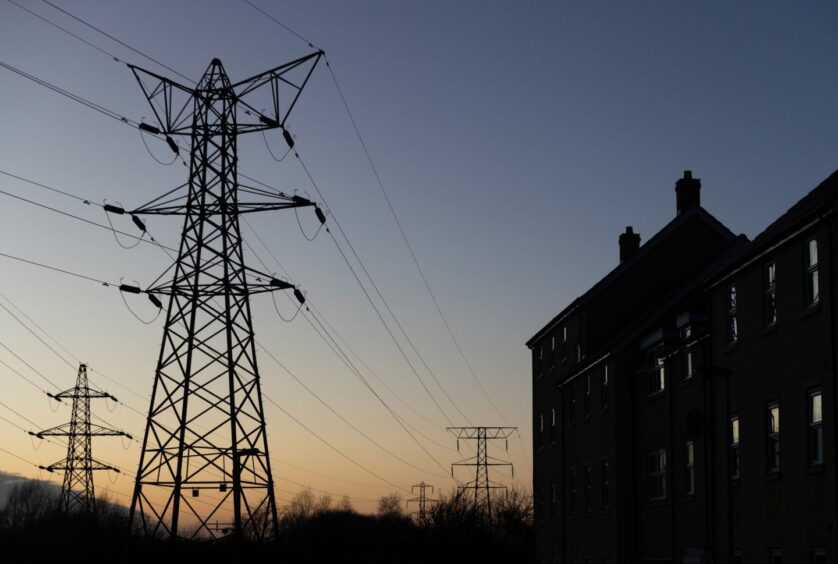
The UK can build transition lines in half the time it now takes as it pushes to speed up the decarbonisation of its power supply, the government’s top energy adviser Nick Winser says in a report delivered Friday.
Electricity transmission line construction can be cut to 7 years from 14 years, says the report from Electricity Networks Commissioner Nick Winser, which highlights the inordinate length of time it takes to build critical infrastructure needed to address mounting pressure on the grid.
Hooking up new sources of green power, switching to heat pumps and using more electric cars will keep adding pressure on the grid to meet demand for electricity. However, electricity transmission lines, which are crucial in connecting new sites of renewable energy to the grid, have been taking double the time to build it takes to construct a large wind farm.
“The implications of being able to build wind generation faster than the associated connections to customers will be serious: very high congestion costs for customers, and clean, cheap domestic energy generation standing idle, potentially for years,” Winser said.
The Winser report outlines 18 recommendations, including putting some planning duties under the system operator, allowing more profit for transmission operators if they deliver on time and within cost and streamlining the approval process.
The report also recommends expanding the supply chain, improving the skills of workers and educating local communities about why a more reliable grid is needed.
“There is no time to waste. Implementing the proposals and progressing the energy transition at pace is the surest route to more affordable bills, greater energy resilience and a more energy-independent UK,” said Carl Trowell, president of UK Strategic Infrastructure at National Grid Plc.
About 220 projects are due to connect to the transmission system by 2026, representing about 40 gigawatts of capacity, according to the system operator. However, only half have planning permission and some have moved connection dates back by as many as 14 years. This gratuitous wait time compounds the already glacial pace of planning application processes for renewable energy sources.
European leaders promised to scale up the continent’s renewable-power capacity while reducing imports of Russian gas, but words move faster than permits. Builders say fast-tracking the energy transition means unraveling red tape and reconciling lofty, national climate ambitions with the limited capacity of most local authorities to implement them.
